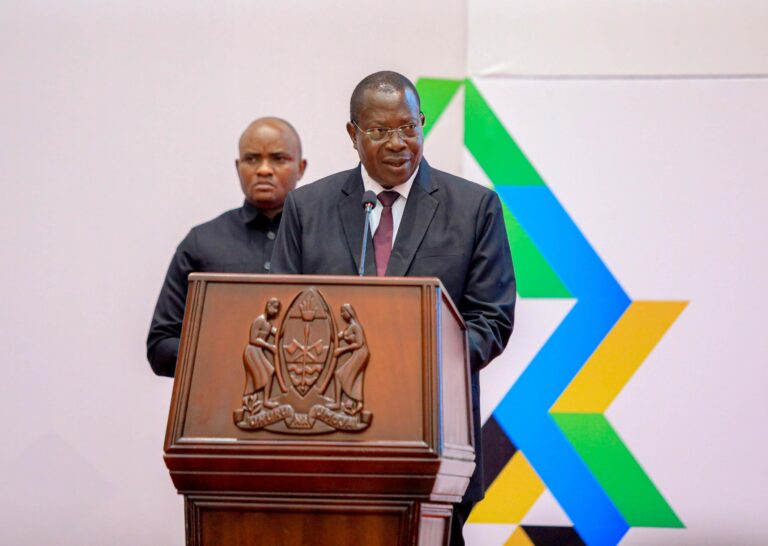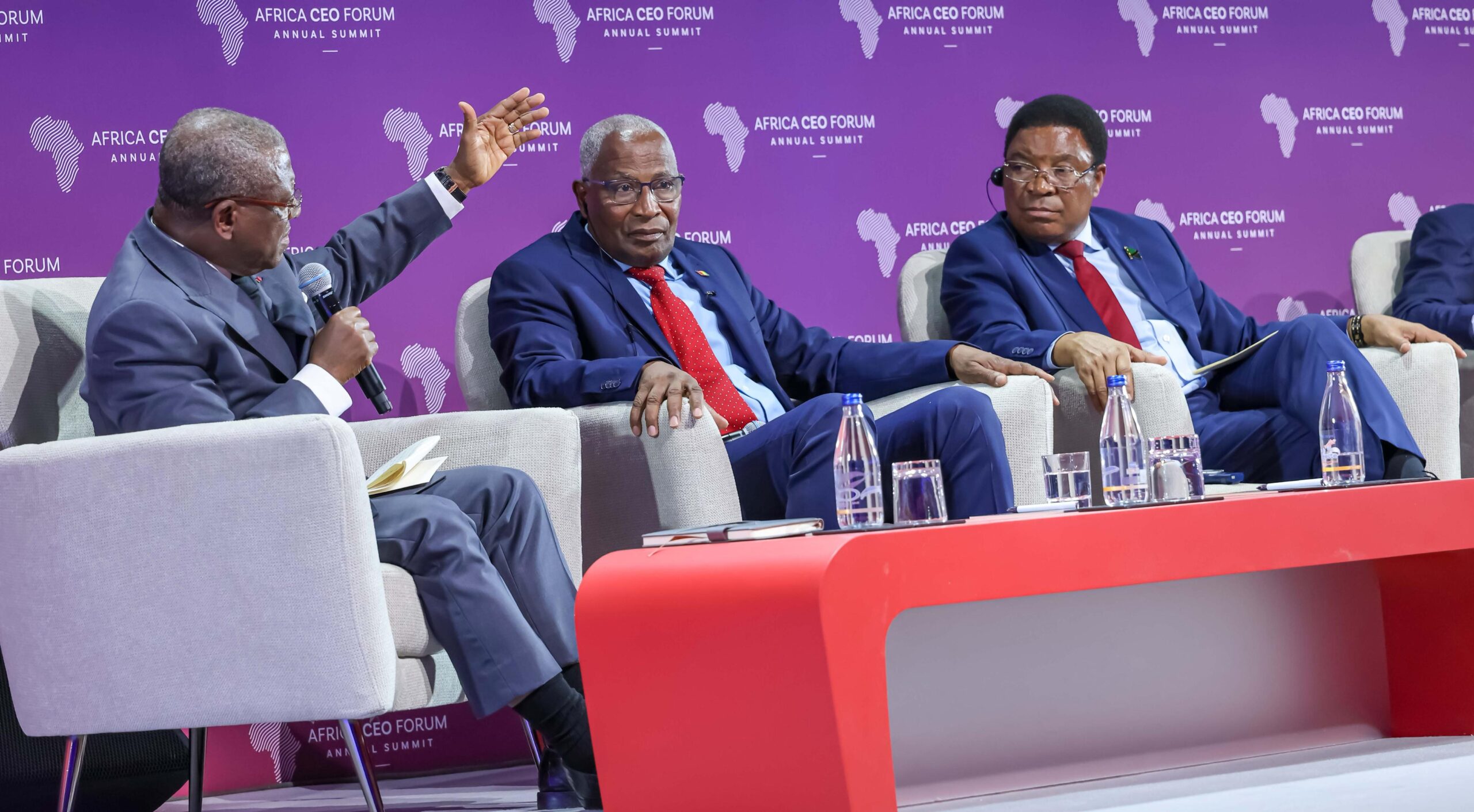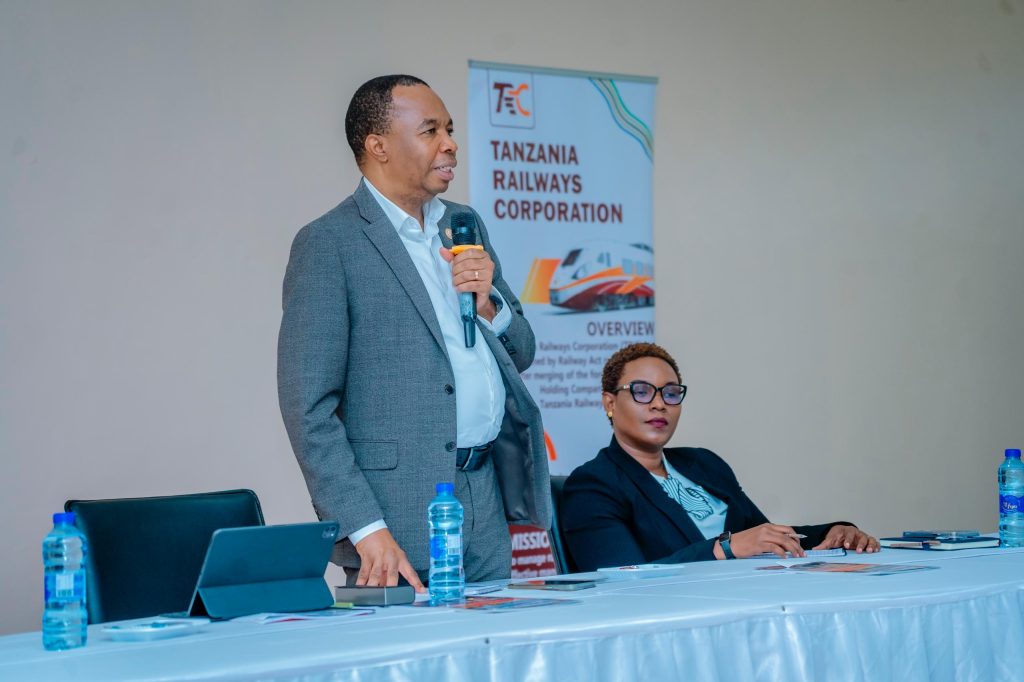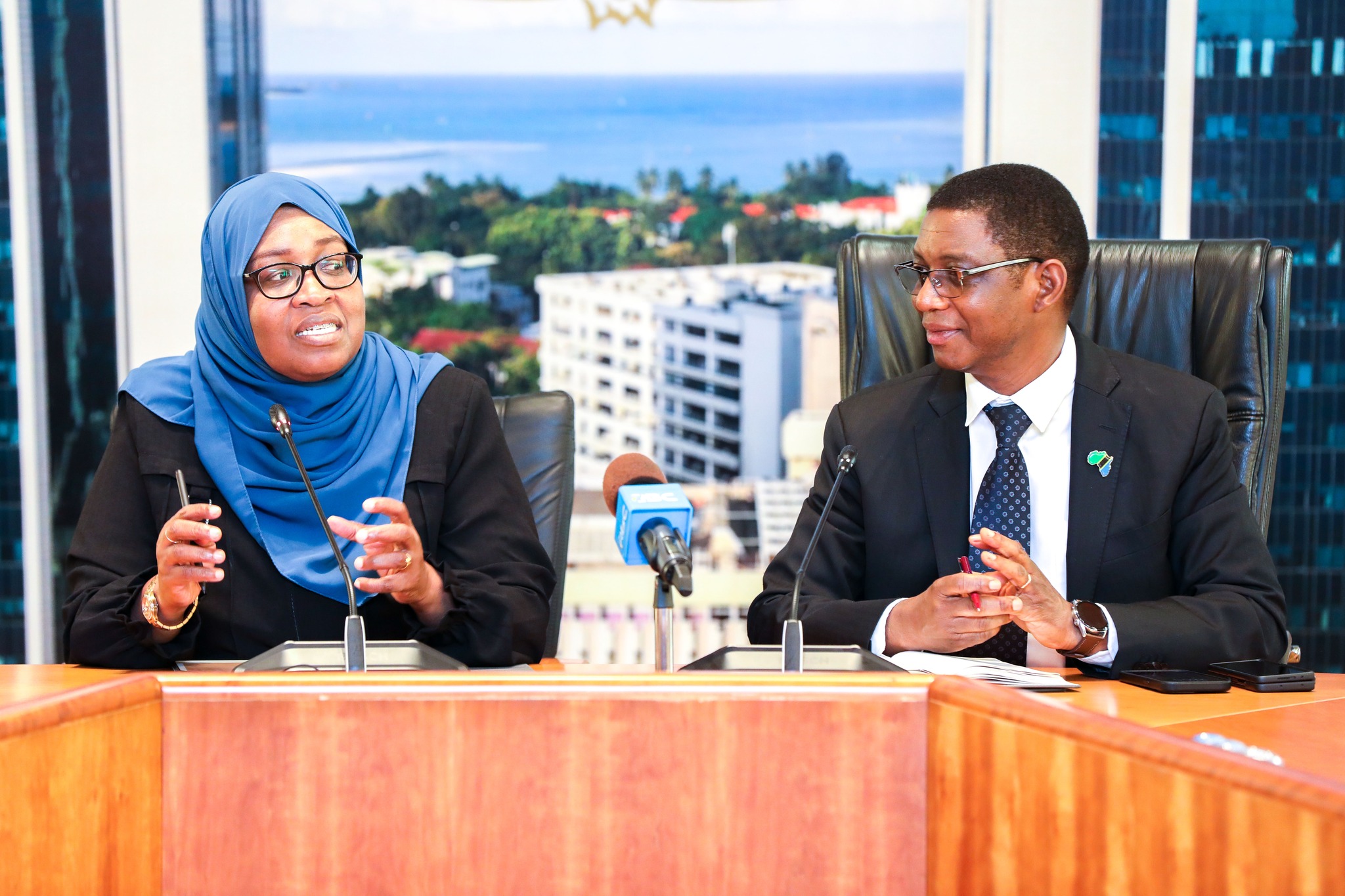Dar es Salaam. Vice President Dr Philip Mpango has said the government is committed to enhancing the business and investment environment in Tanzania, with particular emphasis on strengthening peace, security, and tax system reforms under the Sixth Phase Government.
Dr Mpango made the remarks when inaugurating the 2025 Tax and Investment Symposium at the Julius Nyerere International Convention Centre on April 15.
He urged participants to use the platform to generate new ideas and strategies aimed at boosting domestic revenue collection, thereby enabling the government to deliver quality public services while reducing dependency on donor support.
He further called on citizens to take advantage of the government’s annual window to submit recommendations on improving tax and investment policies, either through direct participation in the symposium or via digital platforms.
He also instructed sector ministers to present proposals for increasing domestic revenue in their respective ministries, stressing the importance of ensuring that stakeholders’ input is acted upon without stifling sectoral growth.
The Vice President outlined several key interventions necessary for improving domestic revenue mobilisation. These include strengthening revenue collection and management capacity, enhancing the tax system to ensure equity, eliminating unproductive tax exemptions, incentivising tax collection agents and institutions, and combating corruption.
Dr Mpango also underscored the importance of expanding the use of ICT in tax collection and savings systems, establishing a comprehensive taxpayer information database, and broadening the tax base to alleviate the burden on the existing limited number of taxpayers.
He stressed the need for innovative solutions to logistical and political challenges associated with taxing the informal sector, improving the business climate to attract more investment, and instituting robust oversight and evaluation mechanisms for revenue and regulatory institutions.
Despite the government’s efforts to increase revenue, the Vice President noted that the country still faces various challenges that hinder optimal tax compliance.
For instance, the ratio of revenue to Gross Domestic Product (GDP) has shown slow growth over the past two decades—from 12.0 percent in 2001/02 to 14.9 percent in 2024/25.
He therefore urged the symposium to engage in deep reflection and identify the necessary policy, legal, regulatory, and procedural reforms required to attract investment, facilitate business growth, and ultimately transform the country’s tax and revenue systems.
On her part, the minister of State in the President’s Office (Finance and Planning) in the Revolutionary Government of Zanzibar, Ms Saada Mkuya, said the Sixth Phase Government recognises the private sector’s pivotal role in investment and has continued to improve the business environment.
This is being achieved through the implementation of the National Blueprint for Regulatory Reforms to enhance private sector participation in economic development.
Ms Mkuya noted that through this initiative, nearly 380 nuisance fees and charges have either been abolished or reduced.
She added that the government remains committed to maintaining macroeconomic stability, adopting predictable tax policies, and publishing a comprehensive list of levies and charges imposed by various ministries and regulatory bodies to ensure transparency and better governance.
Furthermore, the use of ICT is being promoted to facilitate tax payments and overall ease of doing business.
Private Sector Foundation Chairperson Ms Angelina Ngalula said there is a need for sustained efforts to educate entrepreneurs on formalising their businesses, which would enable them to benefit from loans and financing opportunities while widening the government’s tax net.
She added that research departments within ministries must be empowered to disseminate tax education, particularly considering the low number of taxpayers—currently estimated at only two million.
The symposium brings together government officials, private sector players, entrepreneurs and investors under the theme Expanding Domestic Resource Mobilisation Through Citizen Empowerment.







